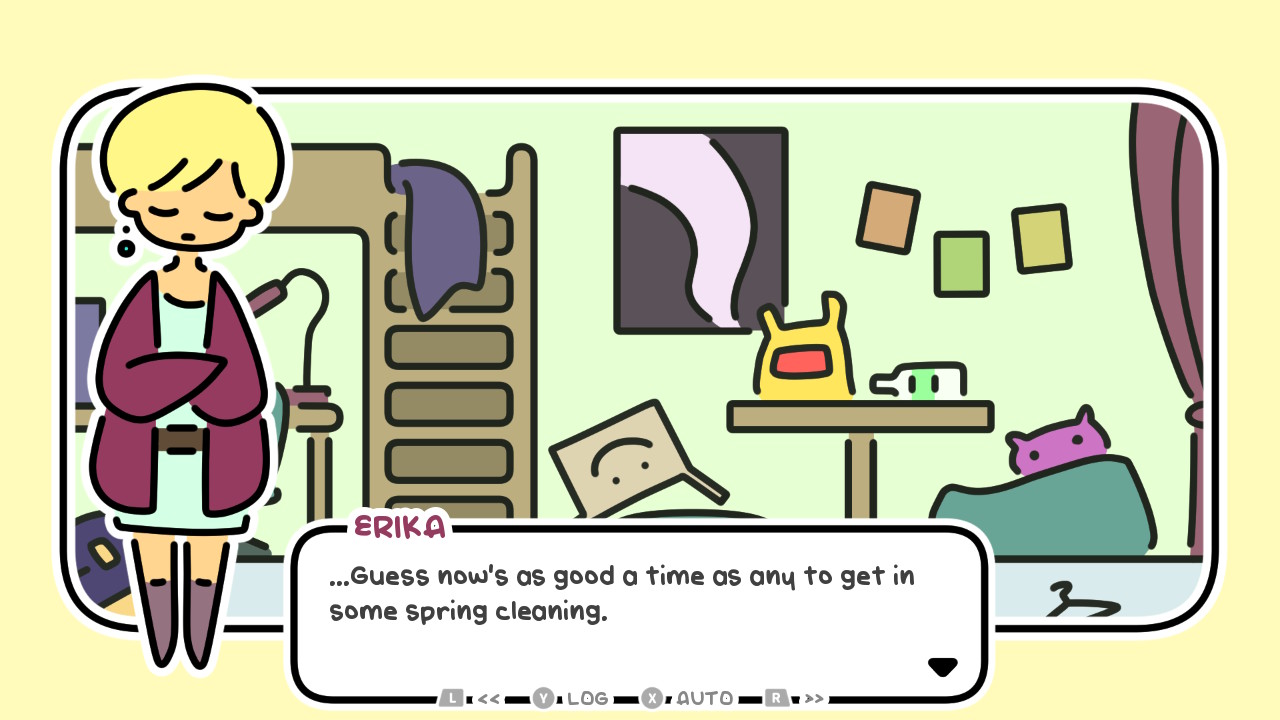Spring Shifts
4 April 2022
a continued look into my disillusionment with mainstream storytelling and/or gradual transformation into a book blog

Hm, so, as it turns out, working two jobs under late capitalism, even if one is in a field that’s as close to a dream job one should dare to consider such a pernicious idea, sucks up any and all energy devoted to all but the most essential of one’s creative urges. Who’d have thought? Since I make my own schedule at the one eating up the most (which is, in fact, the one mentioned in the last post and wow there is so much to unpack), I’m extending the district’s spring break into a probably-most-of-April-break.
Paradoxically, the vast chasms of time leave me with just enough energy to fill it with more media consumption—the vast majority of it shifting away from non-podcast-backgrounded-gaming to more reading. According to what I’ve logged in [cataloging service owned by big tech company], I’ve read more books over the first quarter of 2022 compared to any other, a whole 13 books. I’ve got this silly notion that makes 13 feel like a tiny number, at least compared to what I’d like to read… But also [book cataloging service owned by big tech company] is a little notorious for users that participate in self-directed-how-many-can-you-read-in-a-year challenges numbering their goals into the hundreds… Assuming these are decently sized novels or nonfiction books, is it even possible to remember anything substantial about any book outside of their titles if you’re going through more than two of them in a week?
That shift in taste hasn’t been limited to just mediums either. Instead of turbulent events pushing videogame or adventure characters to fight and/or overcome the obstacles in their way, I’ve had an upticking interest in stories where conflicts are worked out or at least better understood and lived with through less intense means, inner monologues and interpersonal discussions—if they can be solved in the first place. So, something like Brandon Sanderson’s Stormlight Archives (where its many protagonists have to uncover the secrets of an extremely-fantasy-novel-world’s forgotten magics and struggle to unite the entire world against an ancient enemy to determine the fate of the greater universe) have been a little less enticing than the comparatively laser-focused Books of Ambha from Tasha Suri (where two illegitimate noblewomen navigate the politics of an early-modern-India-influenced empire made more fraught by the magic imbued in the blood of their ancient nomadic lineage, with both sister protagonists choosing to live in the margins of the empire when faced with the impossibility and immorality of having influence within it, while also finding love along the way).
I say “uptick” since I haven’t completely stopped bothering with your heroes and go-getters and individualists and what have you. I’d say the desire to engage with narratives with active or inactive protagonists/storylines (not endorsing these terms as much as I’m using them for simplicity’s sake, as they’re pretty loaded and contextual) are about equal, compared to all of the former and very little of the latter before. Nor would I want to completely abandon either—just because a story plays into (debatably) insidiously ubiquitous tropes doesn’t mean the ride still can’t be enjoyed if it’s a good one. The pace that I read “active” stories is probably still slightly faster than “inactive” stories, though.
It makes me wonder, a little: what makes a story engaging to someone? What draws someone in, makes them want to stay and read/watch/play all the way through, makes it the center of their fixations for whatever (hopefully reasonable) period of time? Your average hobbyist’s RenPy visual novel probably has a more meaningful and fulfilling story than most videogames that present their worlds to you down the length of a weapon, but it can feel like a scattered slog to get through even the commercial-quality visual novels I like. Hiromu Arakawa has a special place in my heart and the most real estate on my bookshelves by far for Fullmetal Alchemist; but like every artist everyone knows for a single work, she’s told plenty of new stories nobody outside of Japan ever hears about. Silver Spoon, serialized right after Fullmetal Alchemist and based on Arakawa’s childhood on a dairy farm, has a barnful of that good slice-of-life slapstick that’s always up my alley—and I’m still waffling over when I’ll bother to pick up the second volume.
…I had drafted out a really long and ponderous section pontificating about how this might work in the western tradition; but these are of course incredibly individual questions, not to mention a little too serious to be fitting in this one. Maybe some other time.